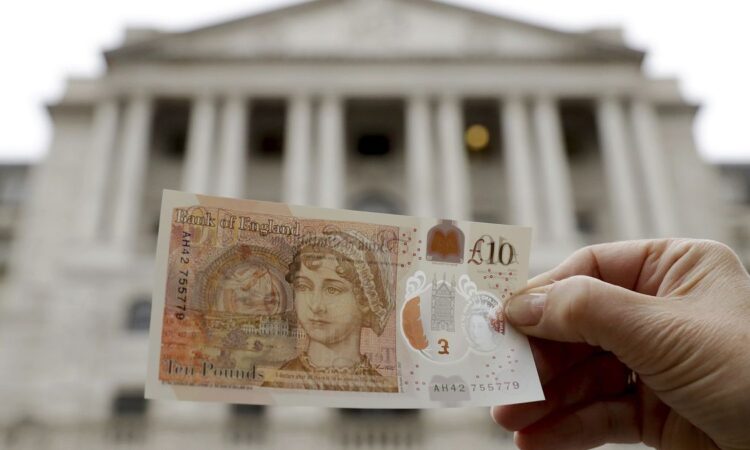
The British Pound has strengthened against other major currencies in the past week as the landslide win of the Labour Party provides optimism toward policy stability for the country.
In contrast to the French election, the UK election has instilled confidence in the markets, with the British pound rising to a near one-month high against the USD. The pair reached 1.2848, its highest level since 13 June, on Monday before pulling back to just under 1.28 on Tuesday.
The pound has become very attractive to investors as the Labour government is expected to provide fiscal policy stability after a 14-year Conservative ruling period. Not only the currency, but British government bonds and blue-chip stocks also saw strong performance amid the outcome of the UK election.
Optimism emerges amid the Labour win
The UK has experienced Brexit, the pandemic, the war-led surging cost of living, the gilt crisis, and the Scottish referendum. Public dissatisfaction with the ruling party has mounted over the past decade, leading to the Labour Party’s landslide victory. With the centre-left party taking the lead in government, people expect its policies to bring stability to the country.
The Labour Party has also pledged no increase in tax and National Insurance, decarbonisation, increasing housing supply, and reducing migration. BlackRock noted in its market commentary that equity valuation in the UK is attractive based on a weak growth outlook. This indicates that the investment bank expects the country’s economy to pick up under the new government.
Sterling rose for eight consecutive sessions from 27 June to 8 July amid optimism about the political front, marking the longest winning streak since 2020. According to data from the Commodity Futures Trading Commission (CFTC), leveraged net long pound positions jumped to their highest since April 2018 in the week ending on 2 July, while short positions on the pound fell to their lowest in more than a year.
Additionally, construction-related stocks, including Travis Perkins, Howden Joinery, Forterra, and Ibstock, have all surged over the past week due to the Labour Party’s plan to increase housing supply.
Bank of England holds rate higher for longer
Sterling has also been supported by the Bank of England’s (BOE) stance on maintaining higher rates for longer. Despite expectations for the BOE to start cutting the interest rate in August, a member of the Monetary Policy Committee indicated that the inflation fight is not yet over and the bank should keep the rate on hold for longer.
In May, Governor Andrew Bailey stated that monetary policy would remain restrictive even with one rate cut. The BOE has kept the interest rate at a decades-high of 5.25% since August 2023. A tight labour market and spiralling wage growth may keep inflation sticky, though the monthly CPI for June cooled to the bank’s target level of 2%. The BOE is likely to maintain restrictive policy until it is more confident of sustainably easing inflation.
The pound may continue to face upward pressure due to external factors, primarily the impact of the interest rate decisions of the US Federal Reserve (Fed). On Tuesday, Fed Chair Jerome Powell indicated in his testimony before the Senate that holding rates at a high level for too long could “unduly weaken economic activity and employment”.
This dovish rhetoric is likely to weaken the US dollar, thereby buoying other currencies, including the British pound.
Additionally, the pound may also extend gains against the euro due to the contrasting political landscape. The French election has led to increasing uncertainties about the country’s financial security, and the impact could ripple through the wider Eurozone.
Consequently, the European Central Bank (ECB) may have to continue cutting rates and keep monetary policy accommodative for its member countries amid the political jitters.
This may lead to a wider spread between government bond yields in the two regions, thereby putting upward pressure on the pound against the euro. The pair has been moving between 1.1760 and 1.19 since June, the highest range of the exchange rate since August 2022.




